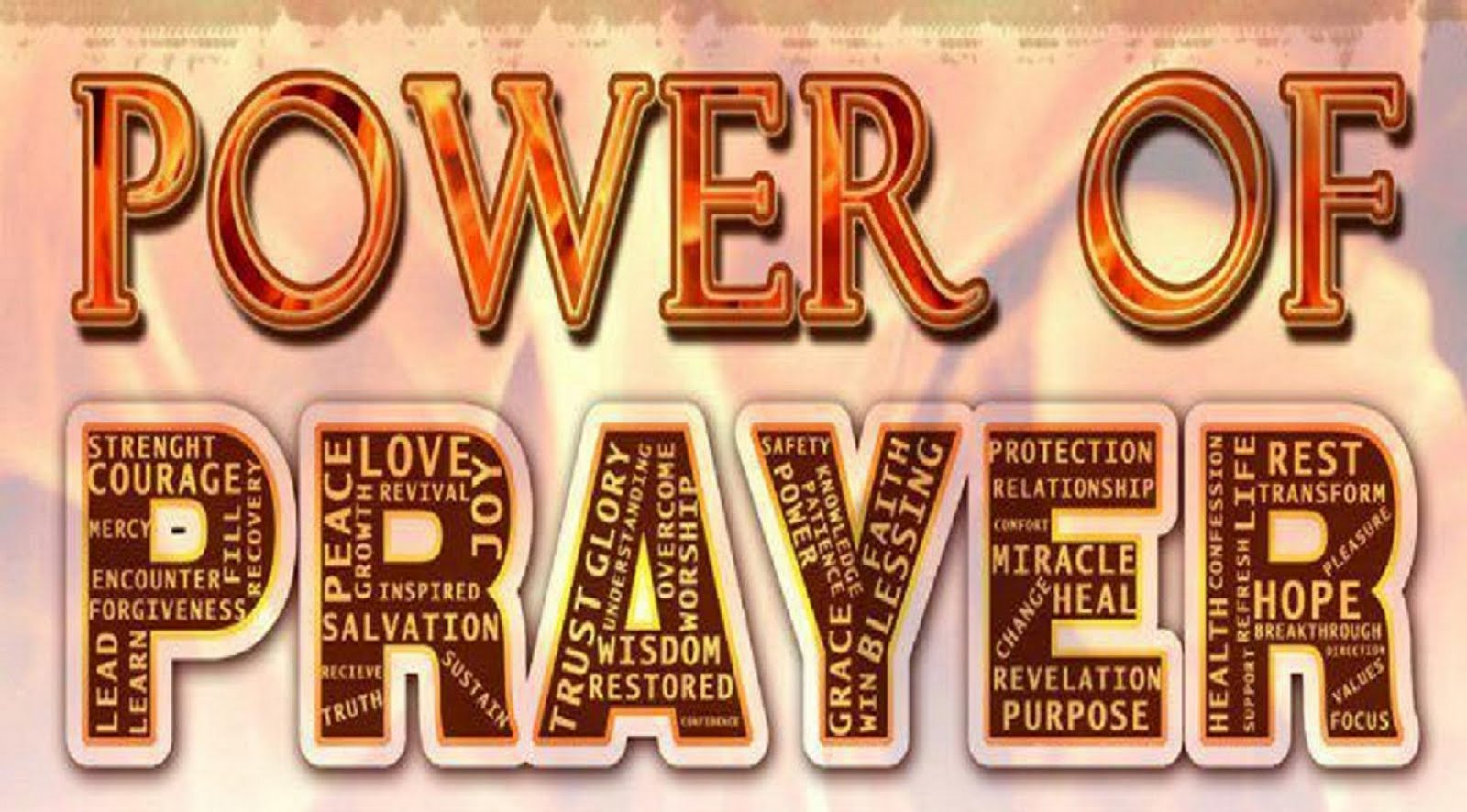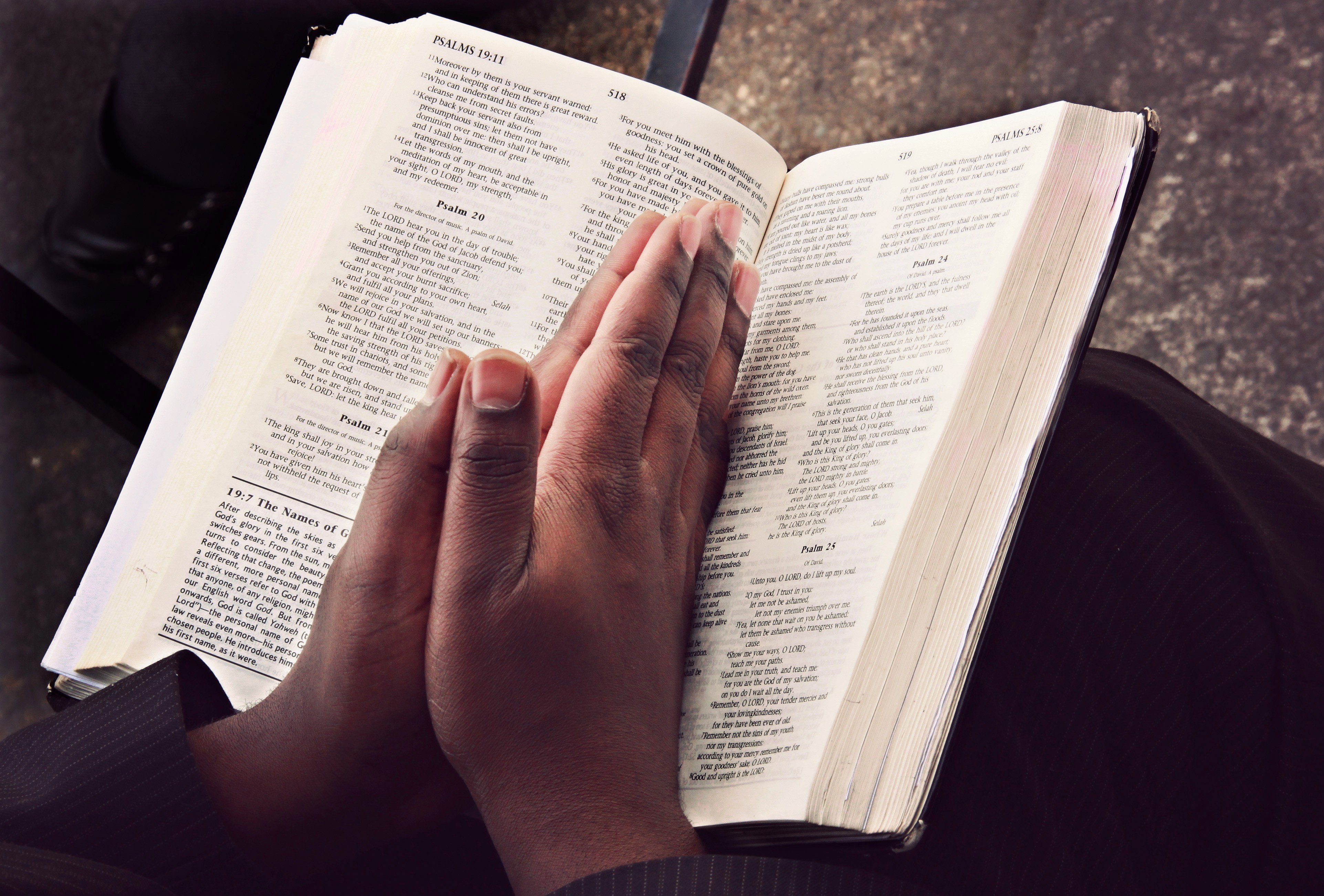I do it almost every day. Friends tell me about difficult situations they’re going through, challenging items on their to-do list, struggles with physical illness or problems weighing on their mind, and my response is always the same. It’s instinctive, a well-intentioned spiritual knee-jerk: “I’ll be praying for you.”
It’s a nice thing to hear, isn’t it? The thought that in your moment of need, someone else might be standing alongside you, interceding on your behalf; petitioning the all-powerful creator of the heavens to intervene and make things better. I guess there’s something therapeutic even in believing that a friend cares enough to remember you in their prayers. The people I make that promise to must think I’m a neat guy.

With so many of my social interactions taking place digitally now, I’ll also make similar vows via social media. It’s often where we’ve become accustomed to sharing our woes – the serious ones, and the ones we should frankly get over before even wasting the time to type them out – and so again when I read them, I’ve developed a habit of making that encouraging promise. #Praying.
Except here’s the ugly truth: most of the times I tell people I’ll be praying for them, I never actually get around to it.
I have the intention – always – to take this problem or concern to God directly; to take some time out to ask for his intervention. Because I absolutely believe – at least intellectually – in the power of prayer. Practically though, my actions belie a lack of commitment to that belief. I get distracted by the busyness of the day. I forget. I mean to actually pray, but never actually get around to it. It’s like the prayer version of online ‘slacktivism’; I trick my brain into thinking that by promising to pray, the act itself is already completed.

I realise I am way out on a limb here – not least among all those people to whom I’ve confidently offered prayer support in the past. But I have a hunch that it may not just be me. I figure that in fact, a lot of the offers of prayer which fly around our relationships and our online interactions never actually translate into genuine conversations with the almighty. I don’t think any of us does it on purpose, and in fact, I think we all wish it wasn’t the case.
Promising to pray for each other is the point where our dedication to spiritual discipline and commitment to encouraging and standing alongside our friends come into direct conflict with the pace and distraction of modern life. Sadly, our busyness, and the relentlessness and variety of our interactions can win out over the quieter, more reflective, more isolated practice of prayer.

Perhaps Jesus saw this coming. Maybe this is one of the reasons why he tells us: “When you pray, go into your room, close the door and pray to your Father, who is unseen (Matthew 6 v 6).” He doesn’t just tell us to do our praying in secret, rather than boasting about it in public, because we might otherwise become pious; he also wants to ensure that we actually get around to doing it.
So with that in mind – and having decided to publicly shame myself in this display of radical honesty – I’ve determined to take two practical steps to correct the dirty little secret of my personal prayer life. If this confession resonates with you at all, perhaps you might feel inspired to do the same.

First, I’m going to commit to praying on the spot much more often. When someone tells me something that inspires that (actually pretty virtuous) knee jerk reaction of promising prayer, I’m going to pray right there, right then – either while I’m with them, or immediately afterwards. And second, I’m going to keep a little journal with me, writing down everything I’ve been asked or offered to pray for and then reviewing it every day when I actually do take time out to seek God.
I believe in the power of prayer. I take Jesus at his word when he says: “Ask and it will be given to you, seek and you will find, knock and the door will be opened to you (Matthew 7 v 7).” But that transaction involves some work on my part – the door only opens when you knock on it. When I promise to pray for my friends, but stop at that promise, it’s as if I’ve walked up to that door, talked loudly in front of it, and then walked away. Ultimately, I can’t expect God to answer prayers that I never actually got around to praying.




